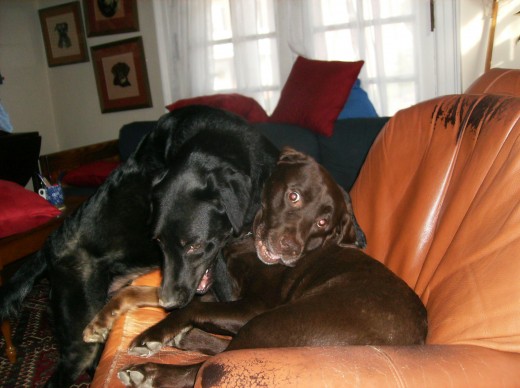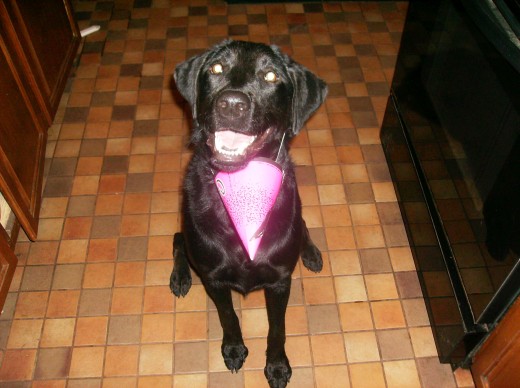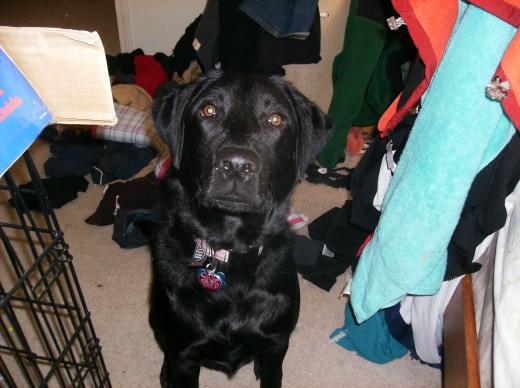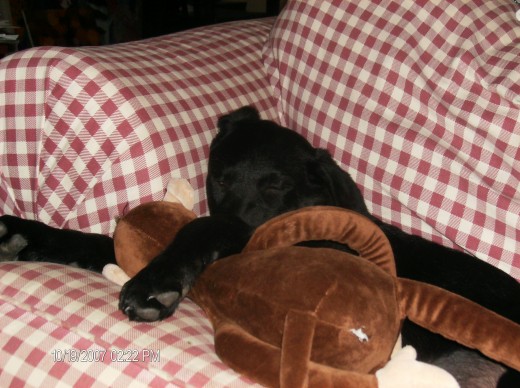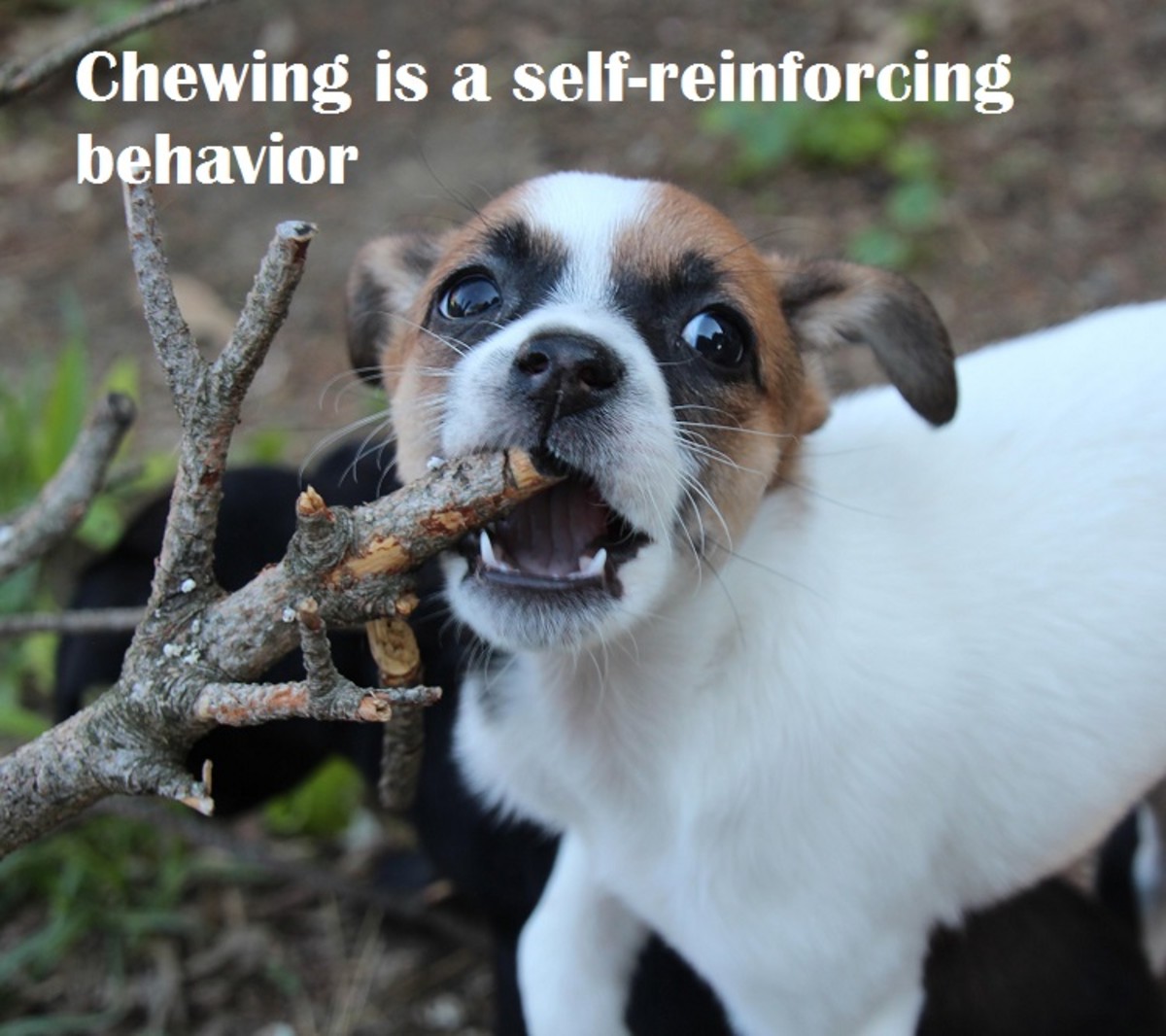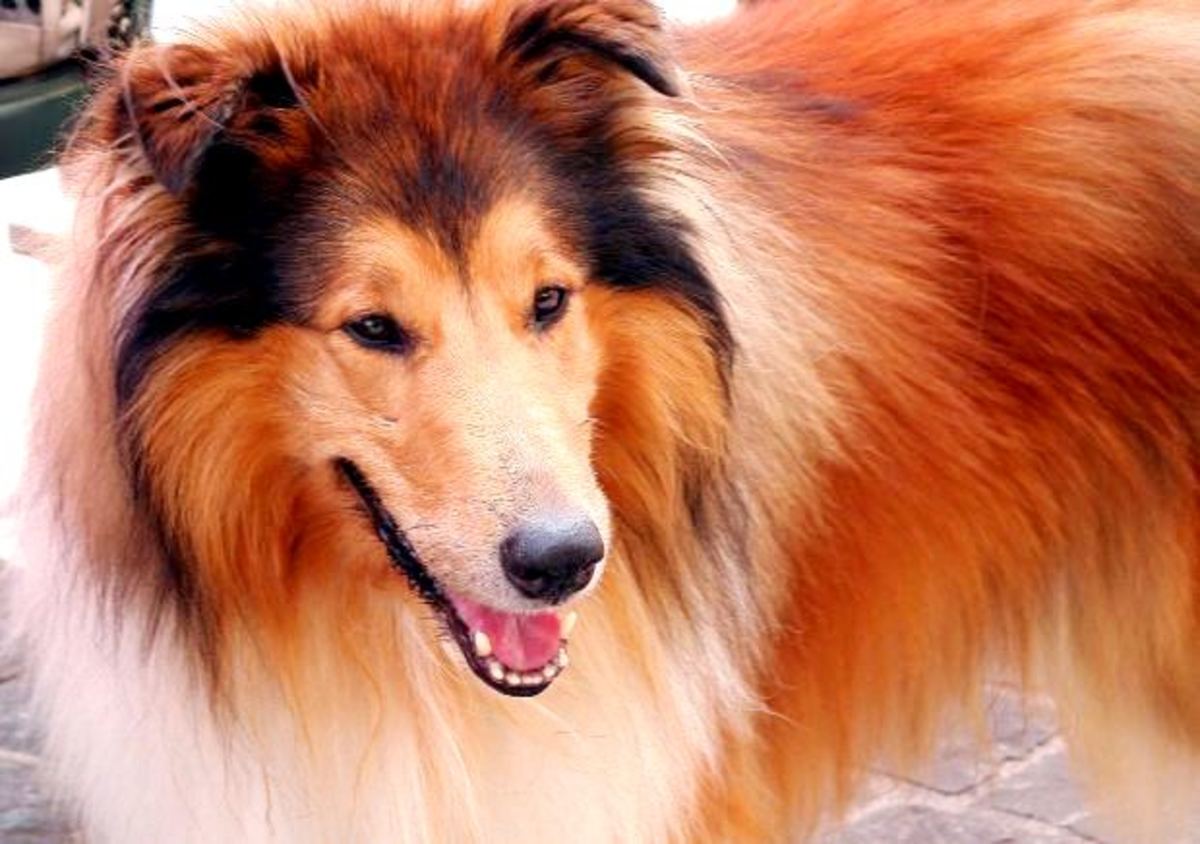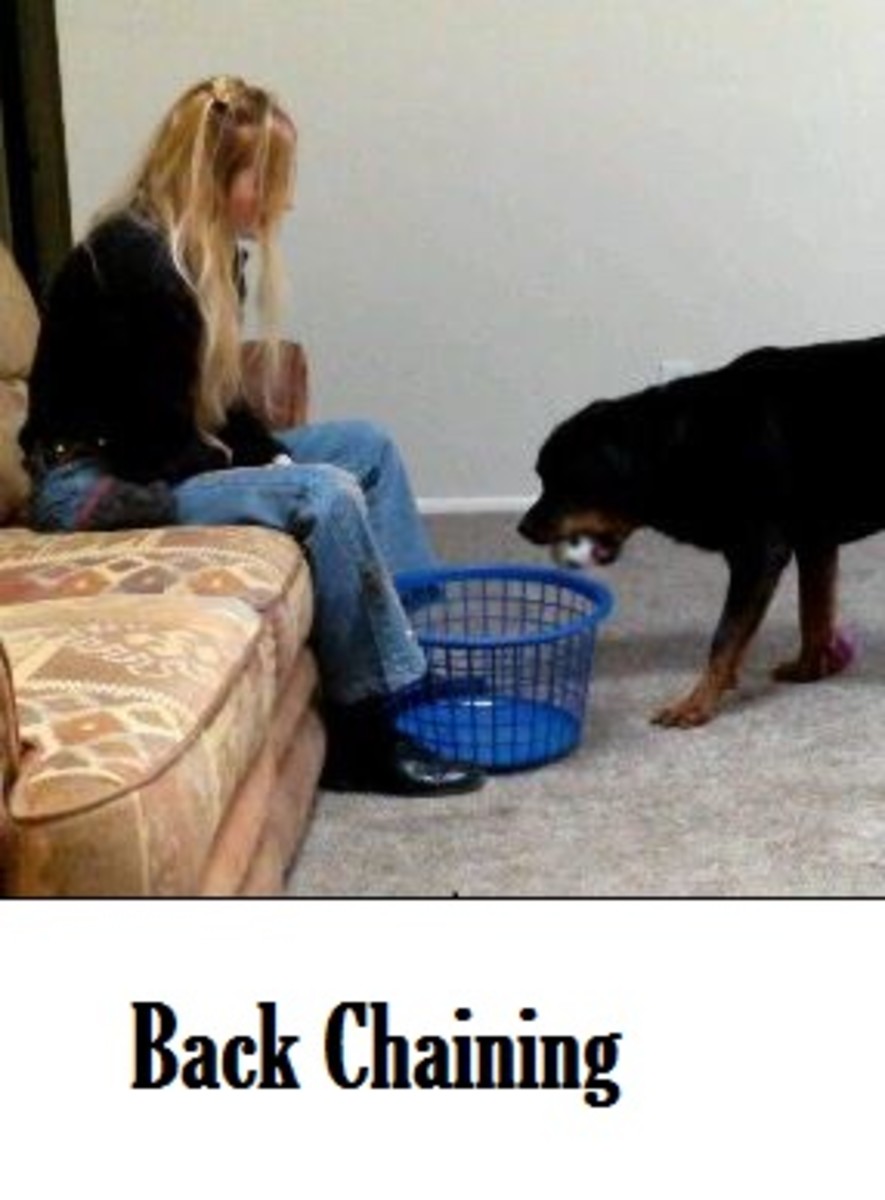Common Pet Behavior Problems and Simple Solutions




It is estimated that dogs were domesticated by people approximately 15,000 years ago, and researchers theorize that wolves who learned to scavenge the refuse of early human tribal groups had an edge evolutionarily on those who were too skittish to approach and capitalize upon the scraps of paleolithic man (Coppinger, 2001). These opportunistic wolves had a consistent source of food, and their curious and more docile dispositions made it possible for them to thrive in close quarters with early man. Wolves are pack animals with highly developed social structures, and in terms of evolution you get what you started with, so it's important to remember where our canine companions came from genetically. A lot of dog behavior problems result from miscommunication. If you treat your dog like a person, you're going to be confused by your dog's behaviors, and your dog is going to be confused by you. Dogs have distinct expectations of how pack dynamics and interactions should play out and pop culture icon Cesar Millan is a huge proponent of understanding "the power of the pack" and incorporating that structure into family life.
When good dogs go bad...
Many of my training suggestions come from a core belief of behavioral psychology which states that if you consistently reinforce/reward behaviors you can influence which behaviors continue. Dogs ultimately want to do the right thing, as pack animals, they need to be part of a group as belonging to a group ensures safety in numbers. Dogs instinctively thrive on having a clear role and position in their pack.
Common dog behavior problems include:
- barking
- house breaking difficulties
- jumping up
Excessive barking can result from many causes including excitement, frustration, and anxiety. Dogs communicate with one another in a variety of ways including vocalizations (howling, growling, and barking) as well as through body postures and eye contact. High pitched, shrill barking is an indicator of excitement, while whining is often an expression of anxiety. Loud insistent barks often are indicators of frustration, kind of a "Hey, look at me! I'm trying to tell you something!" Owners often reinforce behaviors unknowingly because we do what people do. For instance, if your dog whines when a storm is approaching and you immediately scoop him or her up and attempt to console the nervous dog through cuddling and supportive affection, you're essentially giving your pet the go-ahead to freak out each time a storm approaches. Petting and affection reinforce your pet's anxious response. No one wants to see their loved pet in distress, so we instinctively do what people do which is offer affection and attempt to console those who we love who are upset. Given the storm scenario again, if instead of physically trying to console your pet who is in distress, the owner starts a fun game of tug or fetch, the pet will associate the onset of a thunderstorm with good things. People are neurotic, dogs become neurotic because we inadvertently reinforce behaviors we don't really want to continue, usually through treating dogs like humans.
If your pet barks incessantly in certain situations think about your role, are you unintentionally reinforcing behaviors? Is your pet getting enough exercise? Pent up energy can result in a whole host of pet behavior problems. Worn out dogs don't have the energy to wreck furniture and they don't often bark out of frustration. Wolves roved for miles each day and pets need to get plenty of exercise to be healthy. Tired dogs make much better pets than those who are bouncing off the walls and vocalizing their frustration. If you've got a pet who barks out of frustration, redirect them. Do not give them attention (this reinforces the behavior) by scolding them and do not act out of frustration. Calmly walk away. Your pet wishes to be with you (that strong pack instinct) and will follow you. Keep walking away, and turning your back until your dog is quiet. They will give up because such high states of arousal are unnatural and difficult to sustain. When your pet is quiet, reinforce that behavior. Give a treat, a small pat, praise, or even better grab a lead and go for a short walk, even if it's just to the mail box.
House breaking is a crucial step in bringing a pet into your home. No one wants to replace carpet and deal with the total grossness of frequent accidents. Puppies need to be taught to go outside, and it is the sole responsibility of the owner to establish a routine and offer frequent opportunities for puppies to go, while reinforcing successful outside trips with tons of praise. You really can't blame a young dog for going when nature calls, or an older dog who was never trained properly, or who isn't given frequent chances to empty his or her bladder. Crates help when you can not closely supervise your puppy, as dogs have a strong den instinct and will not toilet where they sleep, but crates are no replacement for frequent human interaction and praise for going outside. I'm not a huge fan of puppy training pads, because I think going inside, even on a wee pad, is establishing a pattern I don't exactly want to continue long-term. So, why introduce it as an option?
Don't ever rub a dog's face in an accident. Dogs have a very small window for reinforcement and they'll have no idea what they're being punished for, the only way to discipline a dog is immediately after he/she has transgressed. The best way to deal with accidents is to do better next time. Feed your dog on a set schedule to establish a routine and monitor your pet's water consumption. Puppies will need to go as soon as anything goes in them (little bodies don't have much room) and will need a bathroom break anytime they wake up, or stop playing. Senior dogs may experience trouble as they age, and will need lots of understanding. It's best to consult your veterinarian for options and there are many products out there which will help keep your aging dog comfortable while protecting your home.
Jumping up is a common problem which stems from overly-excited dogs. Most often this behavior results from inadvertent reinforcement by owners. Say you come home from a long day at work, of course your dog is going to be happy to see you. They may become so excited that they jump up, and I'm guessing you're happy to see your dog as well, so you may ignore the undesirable jumping behavior and begin to play with your dog and greet them enthusiastically. This reinforcement says jumping up is an appropriate greeting when excited, and can cause real problems for you and visitors to your home. Unfortunately, not everyone is going to enjoy a big slobbery kiss from your dog, and inadvertently reinforcing jumping sets owners up for many apologies to visitors. Dogs who jump are also a little dangerous, they can totally level small children and accidentally injure people who are unsteady on their feet. The best way to stop jumping behavior is to ignore your dog when they do it. Do not acknowledge them as they jump up, be prepared for a little frustrated barking at first, and stay calm. Stand tall and confidently and walk away. If your dog knows a sit command, make them sit, and do not reward or praise them with attention or affection until they become calm. This will take a lot of practice, but breaking a dog of excited jumping behavior is very important for the safety of guests in your home.
Positive reinforcement is a fantastic way to alter your pet's undesirable behaviors. Reward behaviors that you wish to continue, and you and your pet will be on the road to a happy pack dynamic. Be consistent in your praise as well as in your discipline. Do not attempt to discipline a behavior long after it has happened, because your dog will not connect the act of raiding the garbage can hours ago with the scolding that happens when you return from work. You can still be mad/irritated about the inconvenience, but unfortunately scolding your dog isn't going to modify the behavior since it happened forever ago in dog-time. Remember that dogs were domesticated by humans because wolves are opportunistic predators, so we have to alter our lives a little when we open our homes to canine companions. You can teach an old dog new tricks, and if you are patient and consistent, and make sure you pet gets enough exercise, you will be able to positively change his/her behaviors. Be aware of how your actions can effect your pet's behaviors and consciously try to change interactions which may unintentionally reinforce undesired behaviors. Dogs can live harmoniously in a human world, but dogs will be dogs after all.
Work Cited:
Coppinger, Ray (2001). Dogs: a Startling New Understanding of Canine Origin, Behavior and Evolution. New York: Scribner. p. 352.

